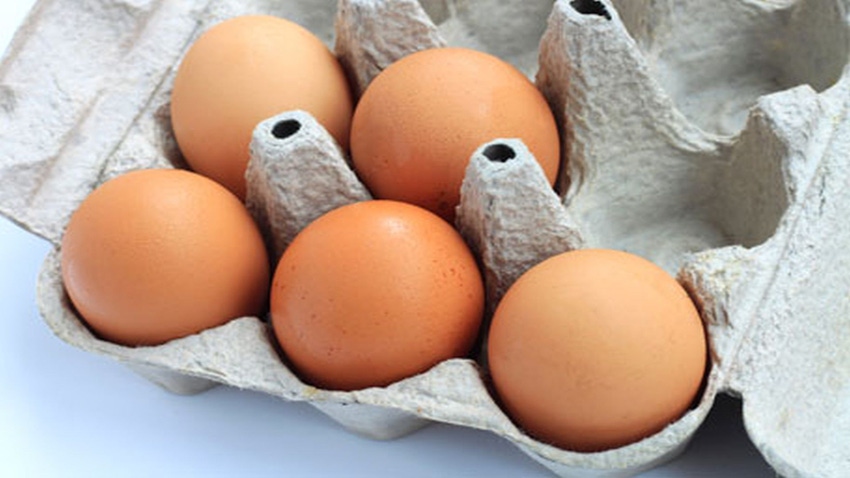Oregon law requires cage-free eggs
Commercial farms with 3,000 or more chicken must transition to cage free by 2024.

With the signing of SB 1019 in Oregon on Monday, all West Coast states now have laws in place requiring eggs sold within state borders to come from cage-free facilities.
Similar to laws recently passed in California and Washington, Oregon’s new law will require that eggs produced and sold in the state come from cage-free barns that also contain perches, nests and scratching and dustbathing areas. The law’s requirements are based off the United Egg Producers’ cage-free guidelines and goes into effect at the end of 2023. Massachusetts voters passed a similar measure in 2016.
The bill requires commercial farms with 3,000 or more chickens to go cage free and prevents the purchase or sale of eggs from caged hens -- in places such as grocery stores and restaurants -- starting in 2024.
"This new law, coupled with the previous law in Washington and ballot measure in California, means the 50 million people in those states will pay more for their eggs coming from 20 million chickens without providing more humane conditions for those chickens," Ken Klippen, executive vice president of the National Egg Farmers, said.
"With Oregon joining the list of states banning the extreme confinement of hens, the future for the egg industry is clear: no more cages," said Josh Balk, vice president of farm animal protection of The Humane Society of the United States. "Smart egg producers are already recognizing this trajectory and are investing in converting their cage facilities to cage free or are putting up new cage-free barns."
In 2018, nearly 18% of all hens nationally were in cage-free production, up from 12% in 2016 and 4% in 2010. According to the U.S. Department of Agriculture’s Agricultural Marketing Service, approximately 71% of U.S. hens must be in cage-free production by 2026 to meet projected demand related to retailers, foodservice providers and food manufacturers promising a transition to cage-free eggs.
About the Author(s)
You May Also Like




